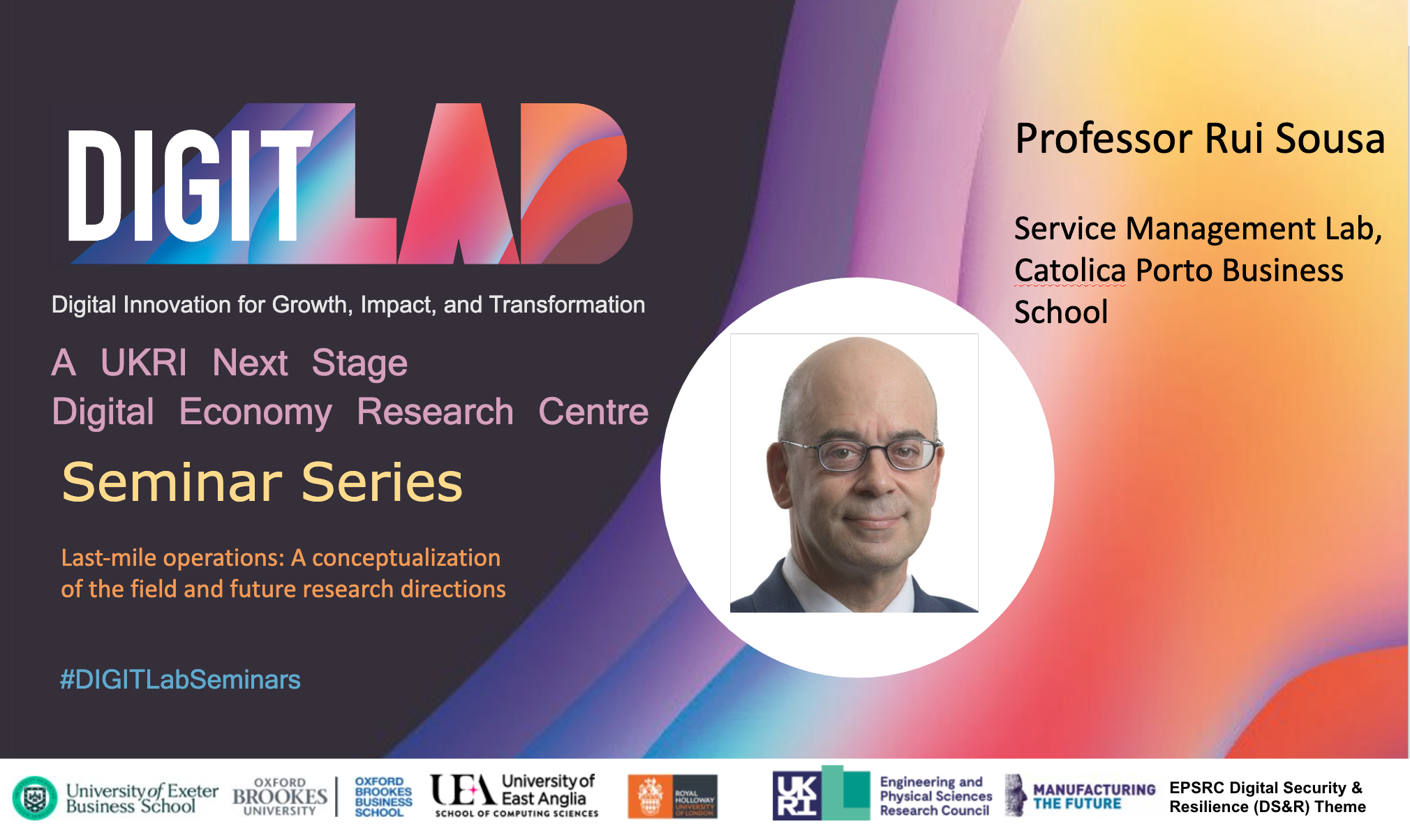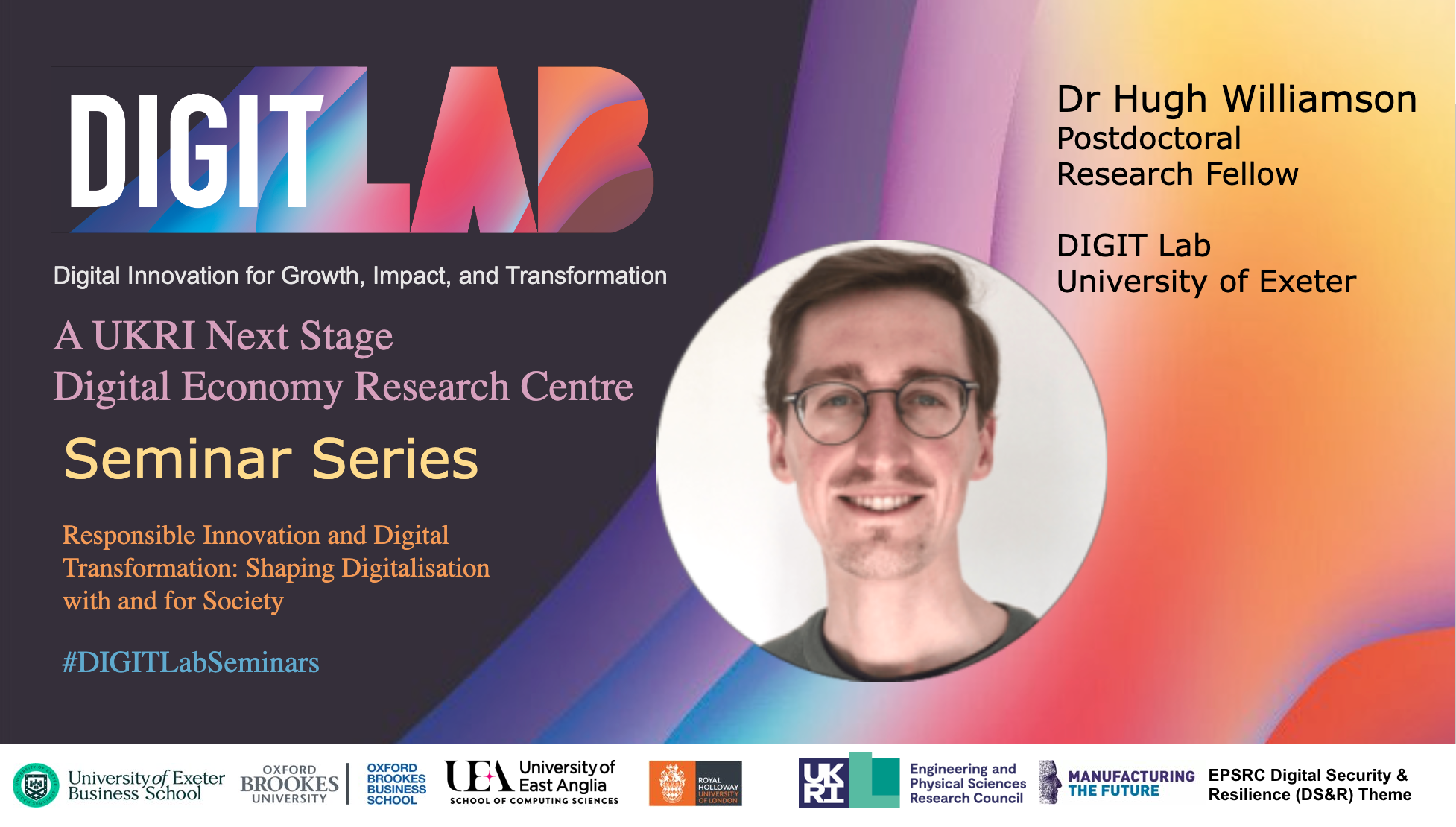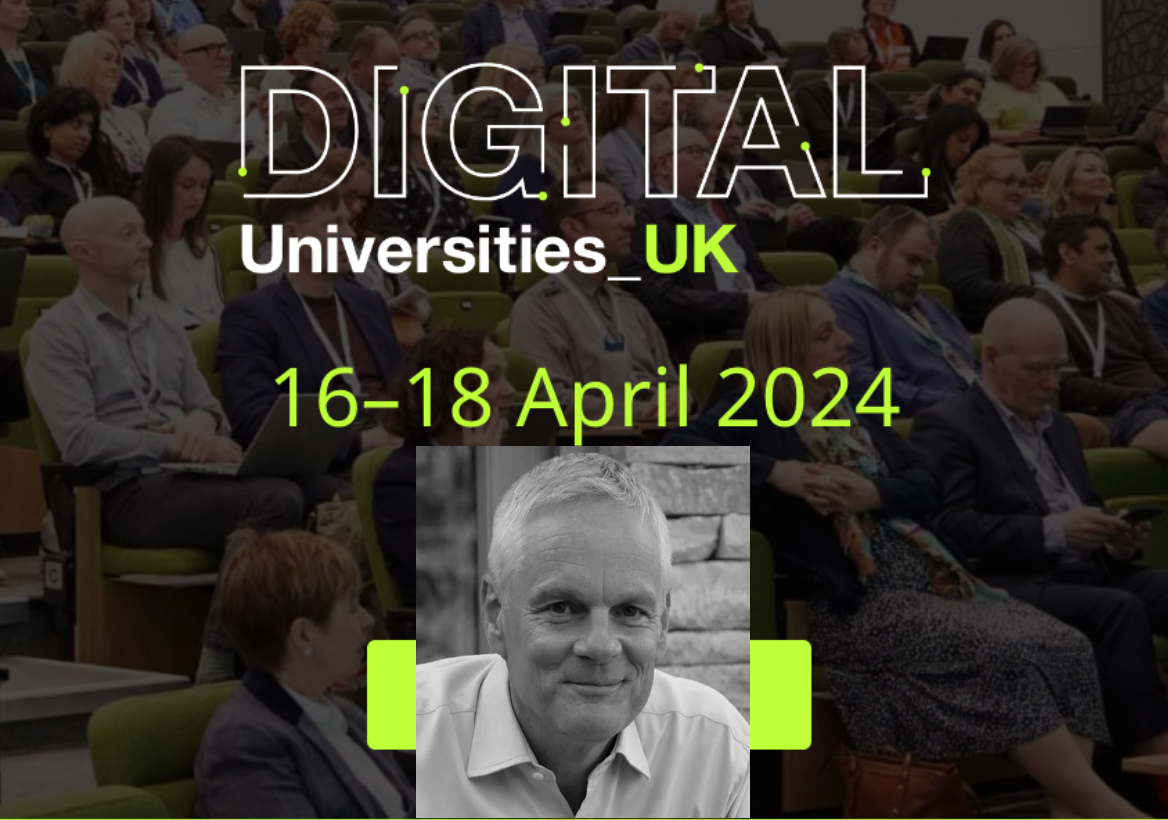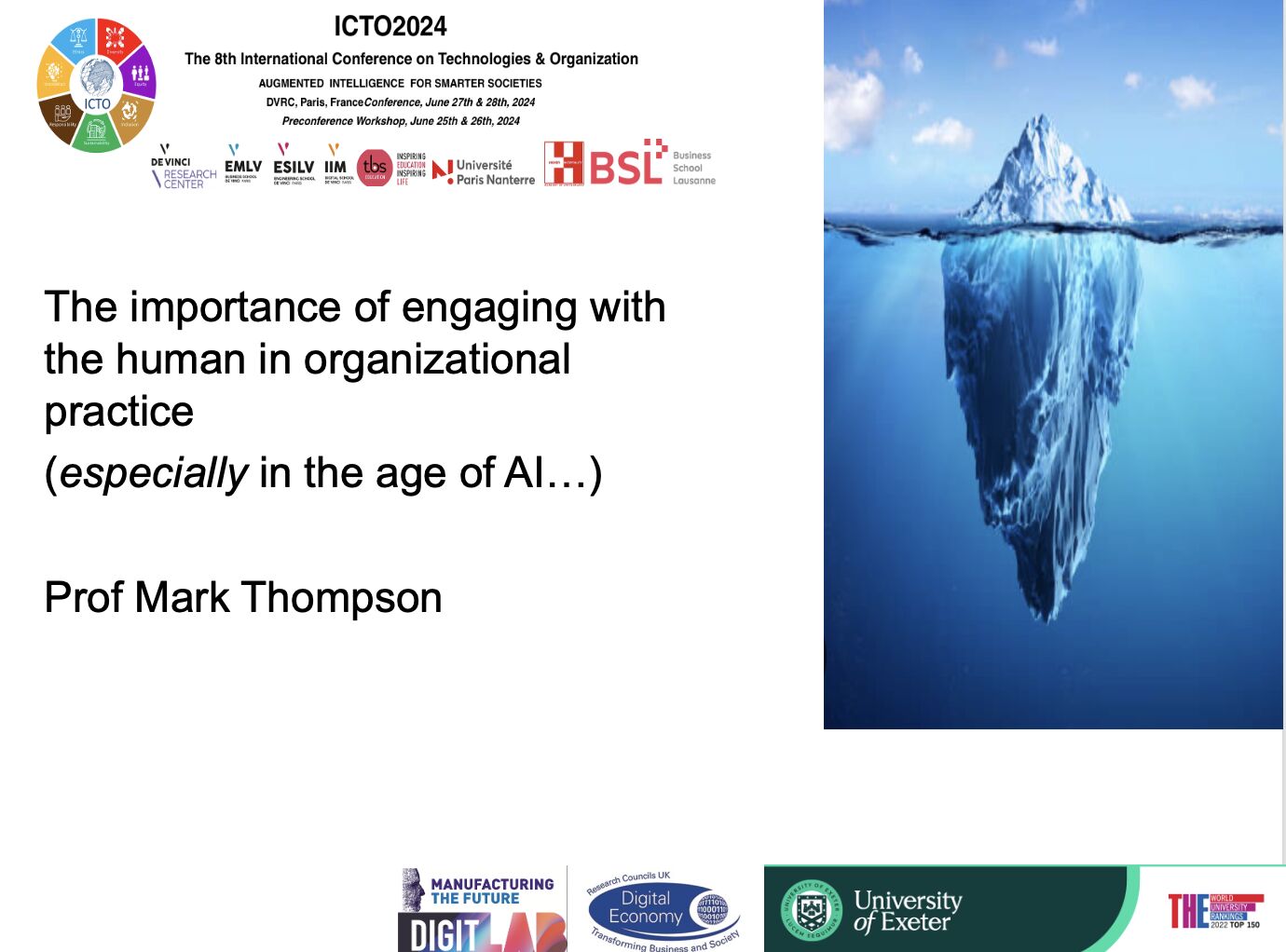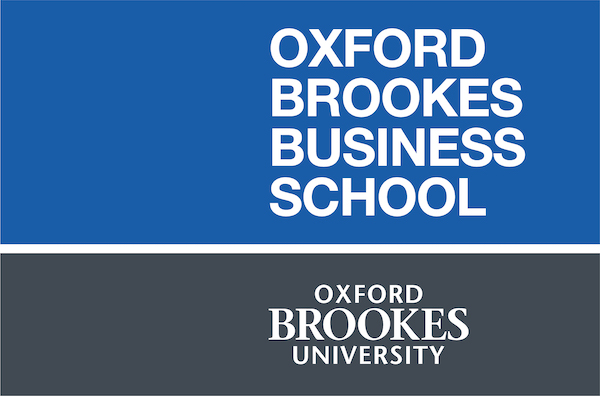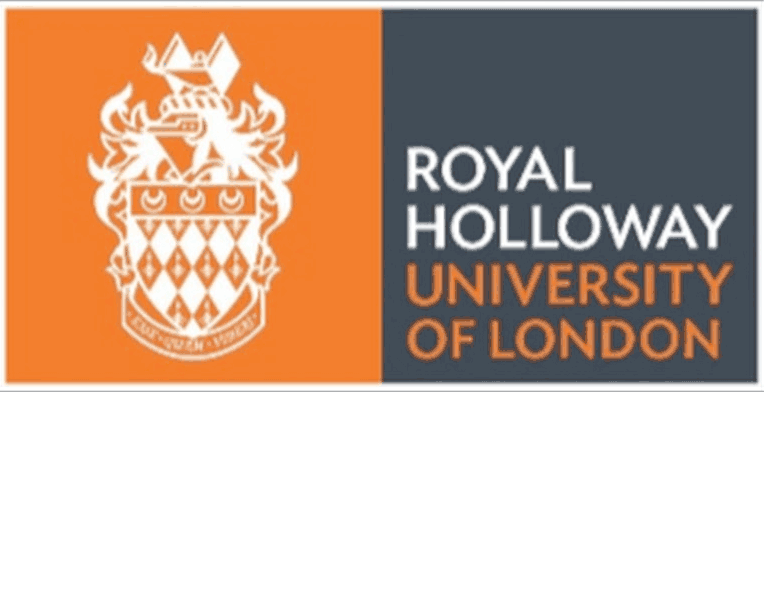DIGIT Lab is committed to a truly embedded inclusive culture that runs through everything we do. The culture represents the diverse community we are, and continue to build.
Oli Young, on our Equality, Diversity and Inclusion committee, is also Chief Diversity Officer for the University of Exeter Business School. For this Black History Month, he has made an incredible programme.
Event Overview
What it means to be Black and British will be the focus of a wide-ranging talk by the historian and broadcaster Professor David Olusoga OBE. The British-Nigerian historian, a Professor of Public History at the University of Manchester, is a prominent cultural commentator, Guardian columnist, and award-winning author and documentary maker. His BBC documentary series A House through Time and the BAFTA-winning Britain’s Forgotten Slave Owners have helped Professor Olusoga become one of the UK’s best-known TV historians, while he has also found acclaim as the author of titles including Black and British: A Forgotten History.
The programme continues on Wednesday 13 October at 1pm with a presentation by Dr Angelina Osborne, an independent researcher and writer who co-authored the landmark book 100 Great Black Britons. In “Putting the Black into British History: New Perspectives”, Dr Osborne will explore the African and Caribbean presence in the history of the UK from the Roman era to the present, with a focus on the South West of England. Describing the presentation, Dr Osborne explains: “People of African heritage have played a significant role in Britain’s history long before the Windrush docked in Tilbury in 1948. And yet, when people talk about British history, they often neglect this important fact. Similarly, when people talk about black history, they neglect Britain.”
In our penultimate session, Wednesday 20 October at 1pm, Dr Muna Abdi will be looking at why it is important to create inclusive culture and inclusive language in a session entitled “From Allyship to Solidarity: moving towards an Inclusive Culture and Language”. Dr Abdi has over 10 years’ experience in education, research and community engagement, and is the Founder and Director of MA Education Consultancy CIC. She will talk about the concepts of privilege and allyship and why there is a need to move beyond this towards solidarity.
The programme culminate on Wednesday 27 October at 1pm with a talk by Katie Donovan-Adekanmbi, an Inclusion and Cohesion Specialist. Katie’s work focuses on embedding the values of diversity, inclusion, cohesion and equality into businesses, through a bespoke learning and development programme. Exeter and Falmouth African Caribbean Society stage a social media ‘takeover’, with students set to lead Q&As and post their own content on the Business School’s Twitter and Instagram accounts, as well as weekly profiles of society members throughout the month.

